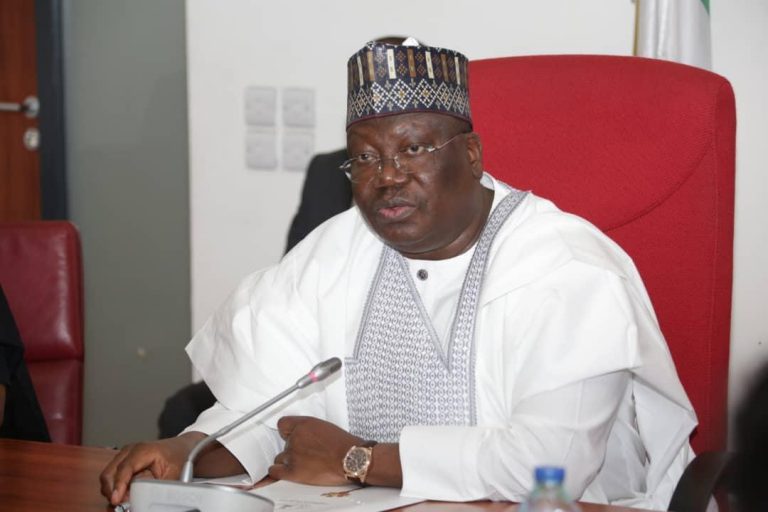The Nigerian Senate, on Tuesday, received the Finance Bill 2020 from President Muhammadu Buhari for consideration and passage into law in support of the 2021 budget now before the National Assembly.
According to a letter dated November 25, 2020, accompanying the Bill and read during plenary by the Senate President, Ahmad Lawan, “the Finance Bill, 2020 seeks to support the implementation of the 2021 budget by proposing key reforms to specific taxation, customs, excise, fiscal and other laws.
“Specifically, this Bill’s provisions: adopt appropriate counter-cyclical fiscal policies to respond to the economic and revenue challenges precipitated by the decline in international oil prices, as well as the impact of the COVID-19 Pandemic on the Nigerian economy.
Continuing, Buhari said the “reform extant fiscal policies to prioritize job creation, economic growth, socio-economic development, domestic revenue mobilization, as well as to foster closer coordination with Monetary and Trade Policies;
“Provide fiscal relief for taxpayers by reducing the applicable minimum tax rate for two years consecutive years of assessment, as well as reforming the commencement and cessation rules for small businesses;
“Propose measures time fund the Federal Government’s COVID-19 pandemic response and introduce provisions to enhance the recovery of corporate donations towards responses to the COVID-19 pandemic, as well as any similar crisis in the future;
“Amend certain aspects of the Fiscal Responsibility Act, to align this Act with the 1999 Constitution (as amended), as well as to enhance fiscal efficiencies by controlling the cost-to-cost revenue ratios of key state and Government-owned Enterprises; and
“Amend the Public Procurement Act to implement key procurement reforms previously proposed by the National Assembly, in 2019, to extend the scope of the Act to the Federal Judiciary and Legislature, accelerate procurement processes, increase mobilization fee thresholds and provide for essential e-procurement reforms,” he added.








